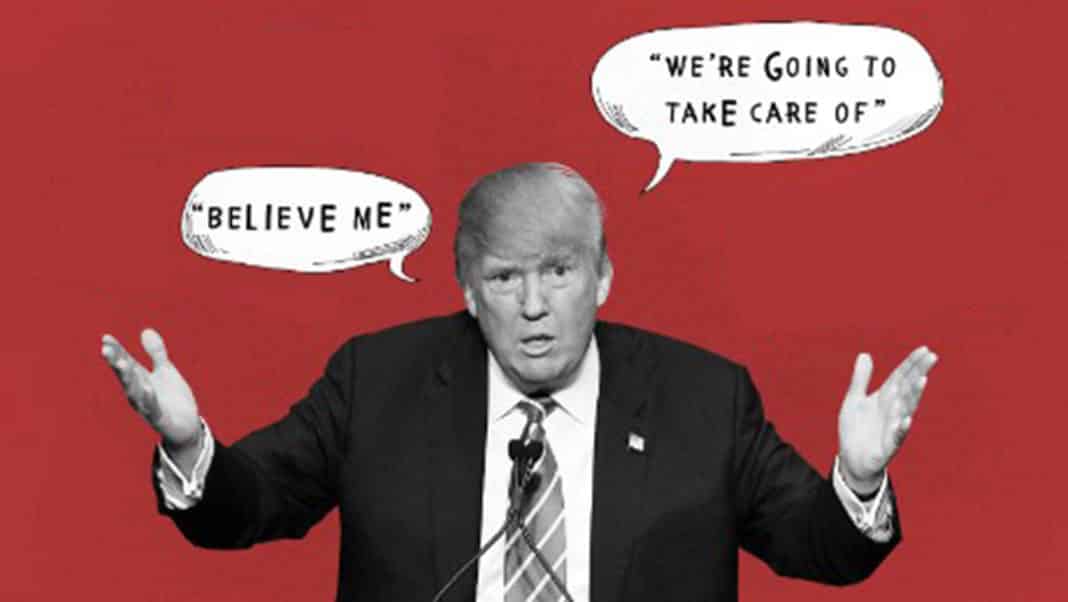
How we confront our last few moments on earth is always of great interest to those left behind. The subject is a grave one; (what a pun, Bernie) and yet some of the greatest witticisms have been uttered by people with their last breath. My favourite is the story told by Mickie Duffy about the eccentric writer who was dying in a London hospital.
He was in denial and didn’t believe he was departing until he overheard a nurse tell his friend that he wouldn’t make it through the night; and with that the patient opened his eyes and his last words were, “well f**k me!” It wasn’t much different for Douglas Fairbanks, another man who misjudged his physical condition on a night in 1939, when he announced, minutes before his departure, “I’ve never felt better.”
It would appear that Pope Alexander VI wasn’t altogether ready when his boss called him ashore because his last words were, “wait a minute”. Marie Antoinette showed not only her breeding, but amazing dignity and composure when being led to the guillotine. She inadvertently stepped on the foot of her executioner and apologised with the words, “Pardon me, Sir. I didn’t do it on purpose.”
Another ‘blue blood’, Lady Astor, knew there was something out of the ordinary happening when she awoke on her deathbed to find her entire family standing around. “Am I dying, or is this my birthday?” she enquired. Unfortunately for the good lady, it wasn’t her birthday.
But Jack Daniel, the legendary whiskey manufacturer knew exactly what was happening and what he wanted. He coined the words for the company’s famous marketing poster, when his final request was, “One last drink, please.”
America’s foremost inventor, Thomas Edison, obviously got a sneak glance across the dividing line, because when his wife asked him if he was in pain, he said; “No, I’m just waiting: It’s very beautiful over there.” And with death as with life, it takes all sorts: The last man to be sentenced to death in Oklahoma, James D French, was also the only man in all of the United States to get the electric chair in 1966.
He wanted to die in the chair and when they only gave him life for the first murder; he then killed his cell-mate to make sure he got his wish. French enjoyed his notoriety, looked forward to his big day and his last words were directed to the dozen newspaper reporters present for his execution: “How’s this for a headline guys: “French Fries””
The final moments of life are usually filled with honesty. Some have prepared for this moment, while others have not. A person’s last words tell much because they give a glimpse into the dying person’s overall feelings and experiences. If a person is mortally injured in an accident or attack, or otherwise dies suddenly, their final words show exactly what they were feeling and thinking as they left this life. That is why it had always been the practice to document final words.
The reprehensible, as well as the good, are either illuminated or debased by their last words. Mass murderer Carl Panzram killed twelve people and for his crimes he was executed in 1930. Before he died, he spat out. “I wish the whole human race had one neck and I had my hands around it.”
Contrast this evil ranting exit with the final words of America’s first president, George Washington, who said; “I am about to die and I am not afraid to die. I thank you for your attention and I pray you take no more trouble over me. Let me go quietly, I cannot last long.”
When Frank Sinatra lay breathing his last and was asked by his fourth wife, Barbara, as to how things were going; old ‘Blue Eyes’ responded with a pretty fair assessment of his situation, “I’m losin’”.
My old friend Joe Varden, a long-time La Zenia resident, loved the cut and thrust of debate. I attended his funeral in Newmarket-On-Fergus. The officiating priest, Canon Reuben Butler, had known Joe for more than half a century, and spoke of most often being on the receiving end of a keen brain and sharp wit – as had all of us who had the pleasure of knowing Joe. From clerical student to wise old canon, the priest admitted to seldom being able to answer the questions on theology, or the mysteries of life, to the satisfaction of his friend’s analytical mind.
As Joe was dying his lifelong spiritual adviser came to his bedside and administered the last rights; upon which. Joe opened his eyes, and with a wry smile informed the canon; “In the next few days I’ll have all them answers”!
Don’t Forget
Fame is chiefly a matter of dying at the right time.






